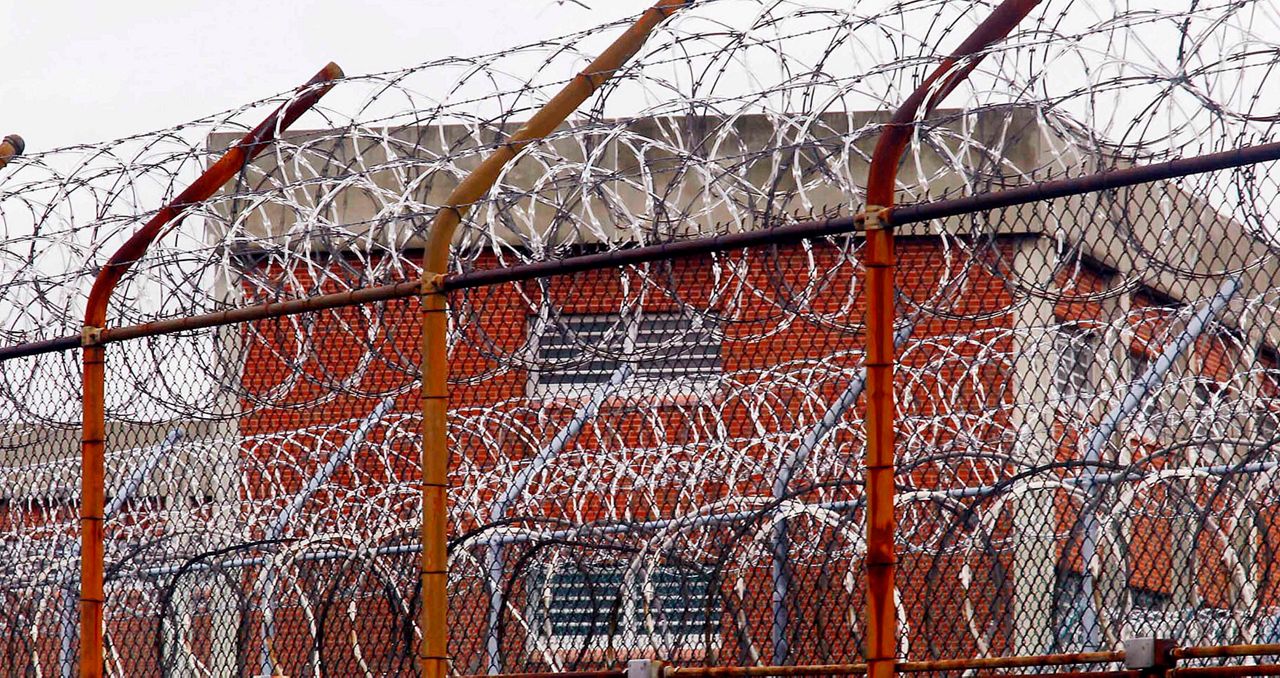As the legislative session heads toward a June 10 end date, criminal justice reform advocates are centering their efforts around two proposals that would make changes to New York's parole system.
Bills that would set a revised parole process for older people in prison as well as a more expedited parole are being considered by state lawmakers. Assembly Speaker Carl Heastie, in an interview on Capital Tonight Wednesday, listed the issue as one of several topics the Legislature could tackle in the coming days.
If approved, the measures would be the latest pieces of criminal justice legislation to pass through the Democratic-controlled Legislature in New York.
The announcement from Heastie was cheered by advocates who had been calling for changes over the last several months.
"These two bills would address the aging crisis in New York’s prison system, reduce racial bias in parole release decisions, reunite families, and free up to $522 million annually for sorely needed resources that actually make us safe, like housing, healthcare, education and cure violence programs," said Jose Saldana, a leader with the Peoples Campaign for Parole Justice. "Our families, communities, and over 300 organizations across the state are counting on Speaker Heastie and the rest of the Legislature to do what’s right.”
Efforts to reduce the number of people in state prisons and jails over the last year has taken on a new urgency among advocates during the COVID-19 pandemic, as the spread of the virus in confined settings made people there especially vulnerable.
Local prosecutors this week have raised concerns with the elder parole and timely legislation, however. Erie County District Attorney John Flynn, in a statement released by the statewide association that represents district attorneys, said both bills present a threat to public safety and should not be released "due solely to their age or good behavior."
"These offenders must be held accountable for their actions by serving their time in prison," Flynn said. "The nature of the offense and the life-long impact these crimes have on victims and their families must be prioritized when considering parole eligibility. Each of these bills are bad enough on their own, but together they are disastrous.”



